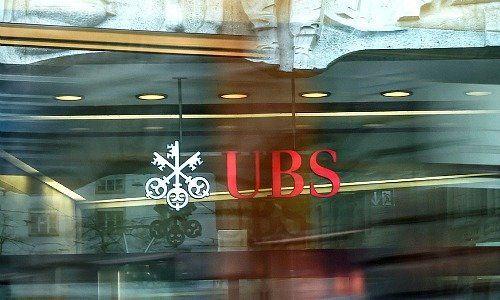UBS won't stray from its wealth management-centered strategy in the next three years. But the Swiss bank is putting the unit on a spending diet – except at bonus time.
The Zurich-based bank didn't provide much of a jolt for investors on Thursday at its first investor day in four years: UBS made only modest changes to its current targets and backed its current strategy.
The bank's most notable change is a stricter diet for spending: the unit must now save at least 250 million Swiss francs ($250.8 million) annually, compared to a 100 million franc target unveiled earlier this year. The unit, which is co-led by ex-Commerzbank boss Martin Blessing and UBS veteran Tom Naratil, faces questions about a merger earlier this year.
Cutting Flab
The private bank's marching orders on profitability and net new money are largely unchanged: it wants to lift pre-tax profit by 10 to 15 percent annually, and win 2 to 4 percent in fresh funds (it recorded 2.3 percent in the third quarter, as finews.com reported separately).
The bank seems intent on sifting through its spending for excess fat, in a bid to reach a cost-income ratio of 72 percent (the current target is 75 percent until 2020, and UBS posted a ratio of 77 percent in the most recent quarter).
Feeding Capital
The bank didn't elaborate on absolute targets or on specific cost-cutting measures. Instead, the bank said it wants to keep spending flat through 2021, though bonuses will rise.
UBS flagged «significant investments for growth, and said it aims for a return on capital of roughly 17 percent within three years, and 15 percent next year, which is the current target.
The bank wants to win more business by feeding capital to its units – 7 billion francs in total, 3 billion of which towards investment banking.



































